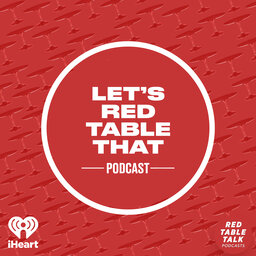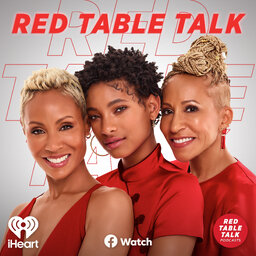Gammy Comes to the Virtual Red Table (Emancipation Recap)
Gammy takes a seat at the virtual Red Table for the first time to recap the Red Table Talk discussion she wasn’t a part of. Gammy lays down why everyone must watch Emancipation–the Smith family, included. Hear about the shocking scene that didn’t make the final cut of the movie and Gammy’s answers to all the Red Table Talk questions Tracy and Cara have been saving up, including how Gam really feels about Olivia Jade Giannulli’s infamous Red Table Talk appearance.
Hosts Information:
Cara Pressley
@thecareercheerleader Cara’s Instagram
@TheCareerCheerleader Cara’s Facebook
@the1cheering4U Cara’s Twitter
@FeelinSuccessful Cara’s TikTok
Tracy T. Rowe
@tracytrowe Tracy’s Instagram
@troweandco Tracy’s Facebook
@tracytrowe Tracy’s Twitter
@tracytrowe Tracy’s TikTok
----
#LRTT
Listening and loving the show? Please be sure to rate and review.
Have a question you want us to discuss on Let’s Red Table That? Email us at:
letsredtablethat@redtabletalk.com
-----
LET’S RED TABLE THAT is produced by Red Table Talk Podcasts. EXECUTIVE PRODUCERS Jada Pinkett Smith, Fallon Jethroe and Ellen Rakieten. PRODUCER Kyla Carneiro. ASSOCIATE PRODUCER Yolanda Chow. EDITOR AND AUDIO MIXER Stepfanie Aguilar. MUSIC from Epidemic Sound. LET’S RED TABLE THAT is in partnership with iHeartRadio.
In 2 playlist(s)
Let's Red Table That with Cara and Tracy
The show you love now has its own official after-show. Relive all the drama, the breakthroughs, and …Social links
Follow podcast
Recent clips
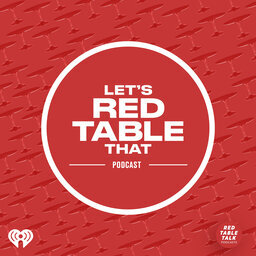
Jada Pinkett Smith Comes to the Virtual Red Table
49:37
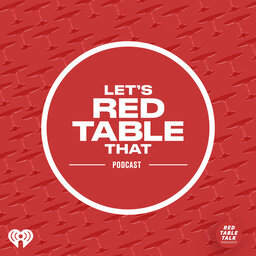
Dominic Dupont Returns to the Red Table
38:12
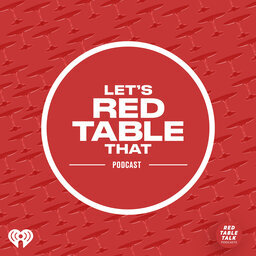
Does Love have Rules? (Jay Shetty Recap)
31:52
 Let's Red Table That with Cara and Tracy
Let's Red Table That with Cara and Tracy